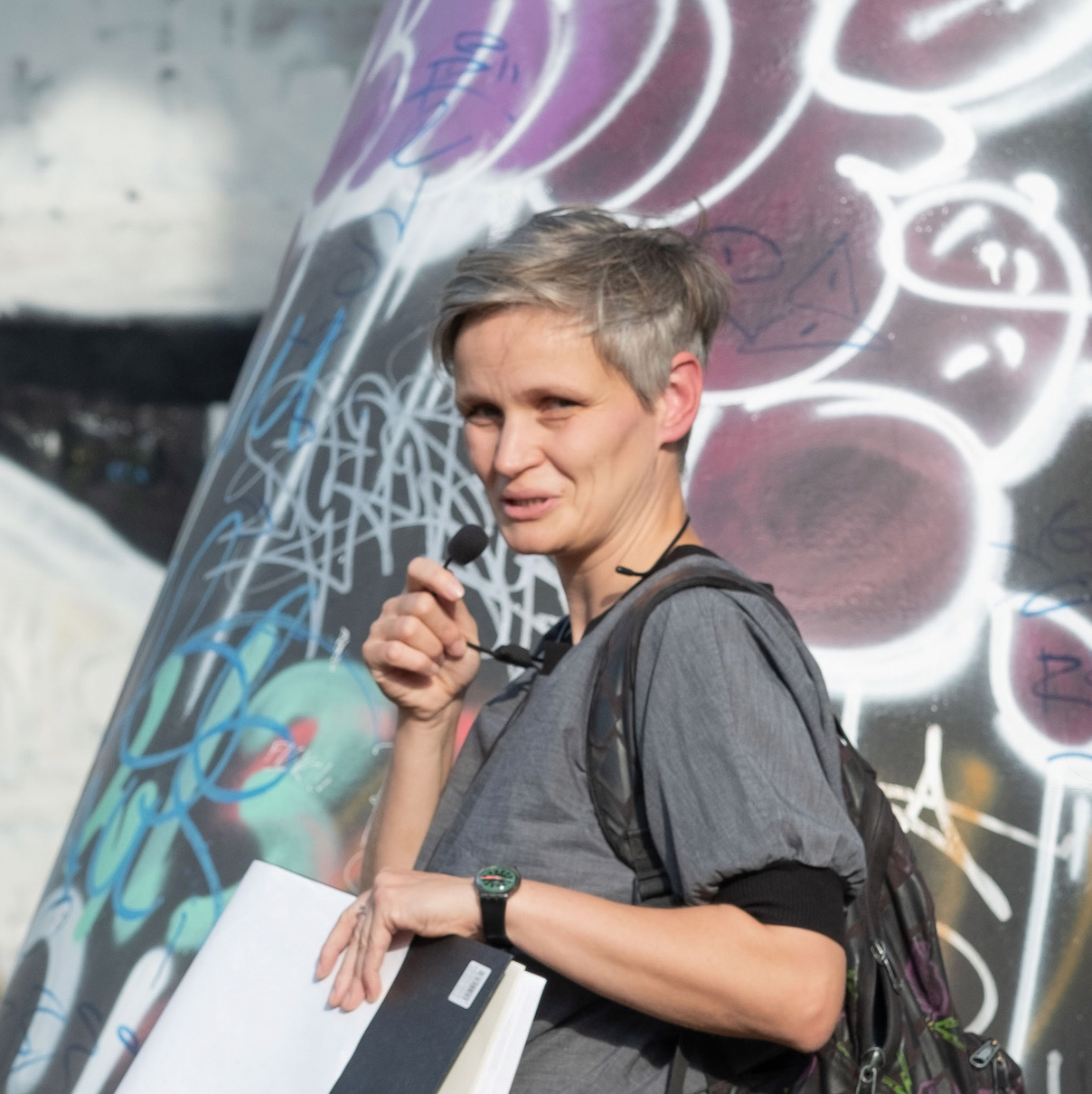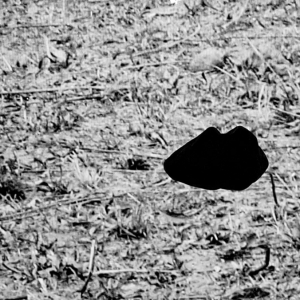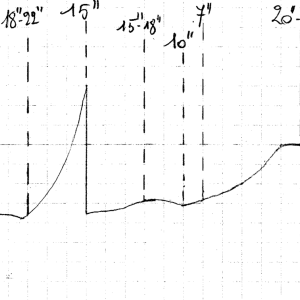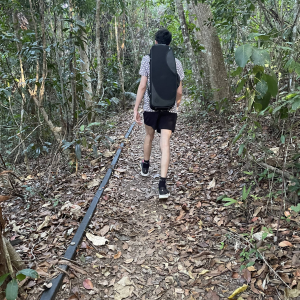
We Are Public Space: Bodies and Minds in Post-pandemic Cities
The project aims to pay heightened attention to public spaces in cities on several levels. The first follows the trend of newly developed privately owned public spaces (known as POPS), which establish a precedent for how corporations and cities define public space and what they prioritize within it. A clear focus on people as consumers – rather than citizens – have several effects, including strict restrictions, the creation of societies of control (Deleuze 1992: 3), and various forms of often indirect exclusion of certain groups of inhabitants. The second level attempts to accentuate subjective experiences focused on our bodies and making them consciously present in relation to public space. Both layers are a significant component of the performative lecture walks, on the basis of which I introduce the results of interactions with the respondents in my case studies. Finally, I shall describe what cities looked like during the pandemic and consider whether these scenes might be a model for the future. Are we to expect further experiences of empty cities?



